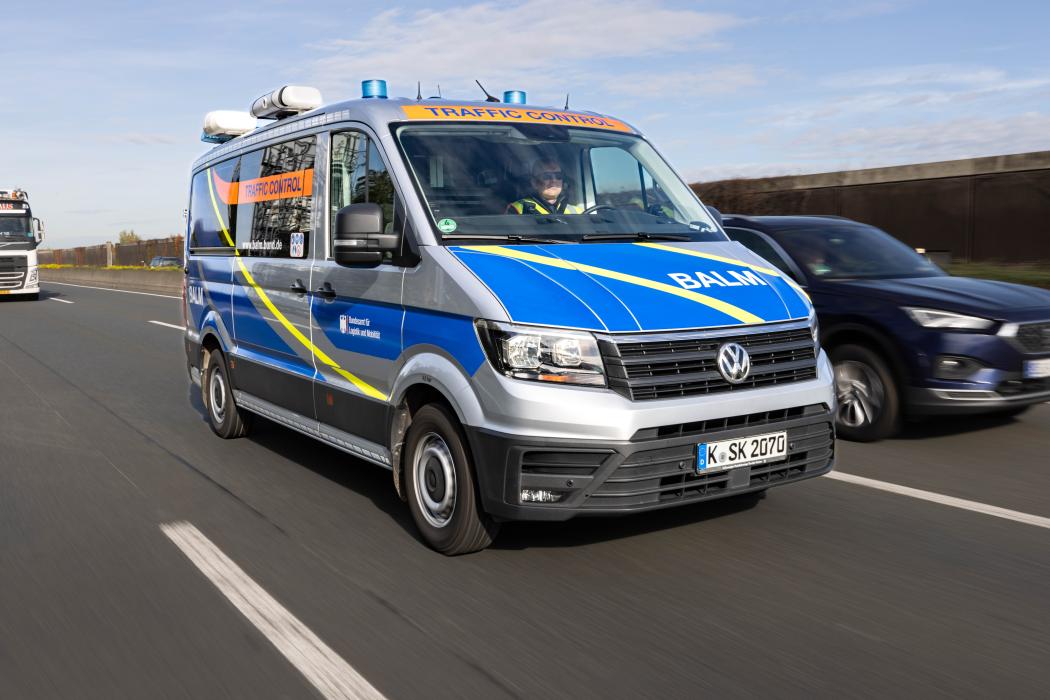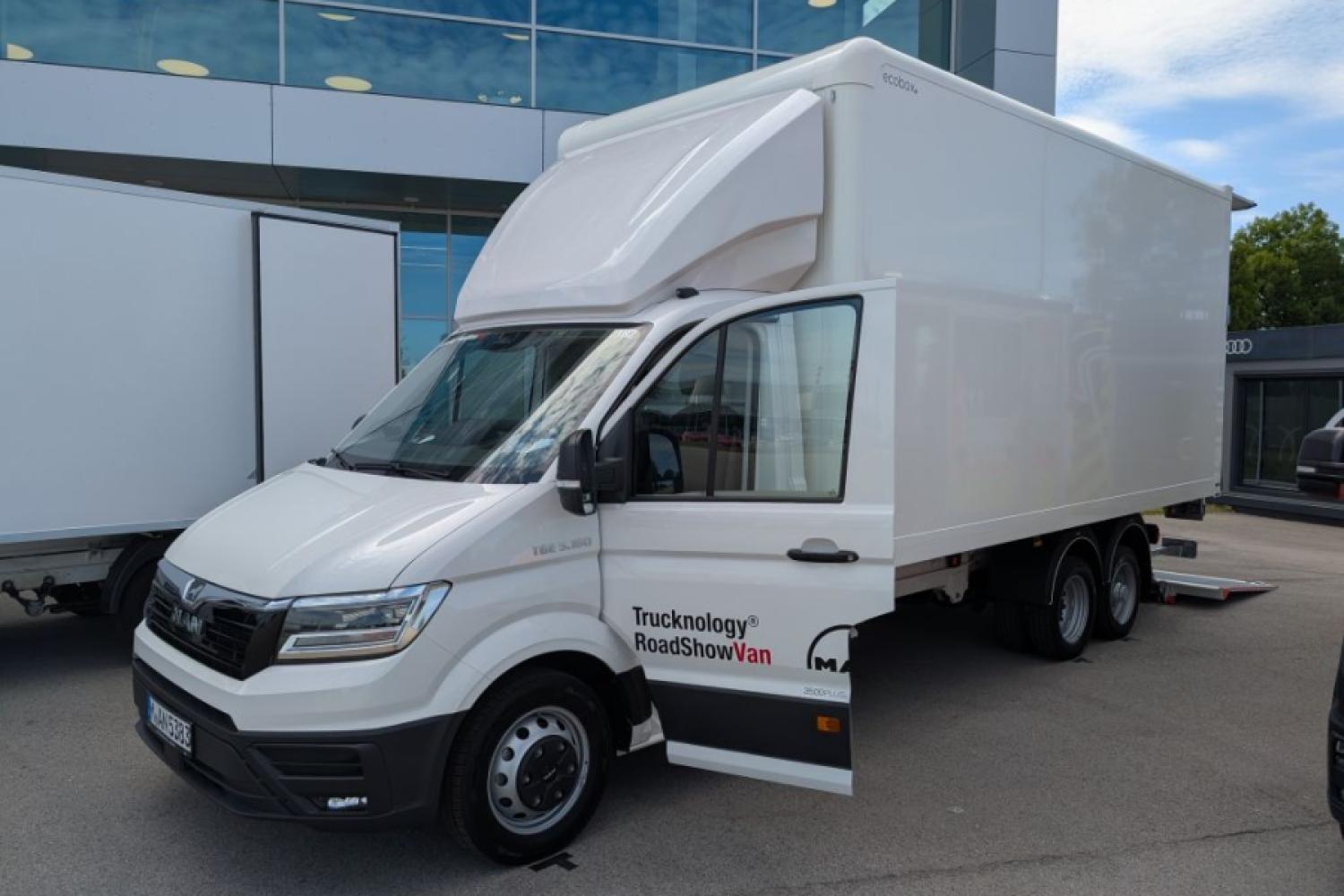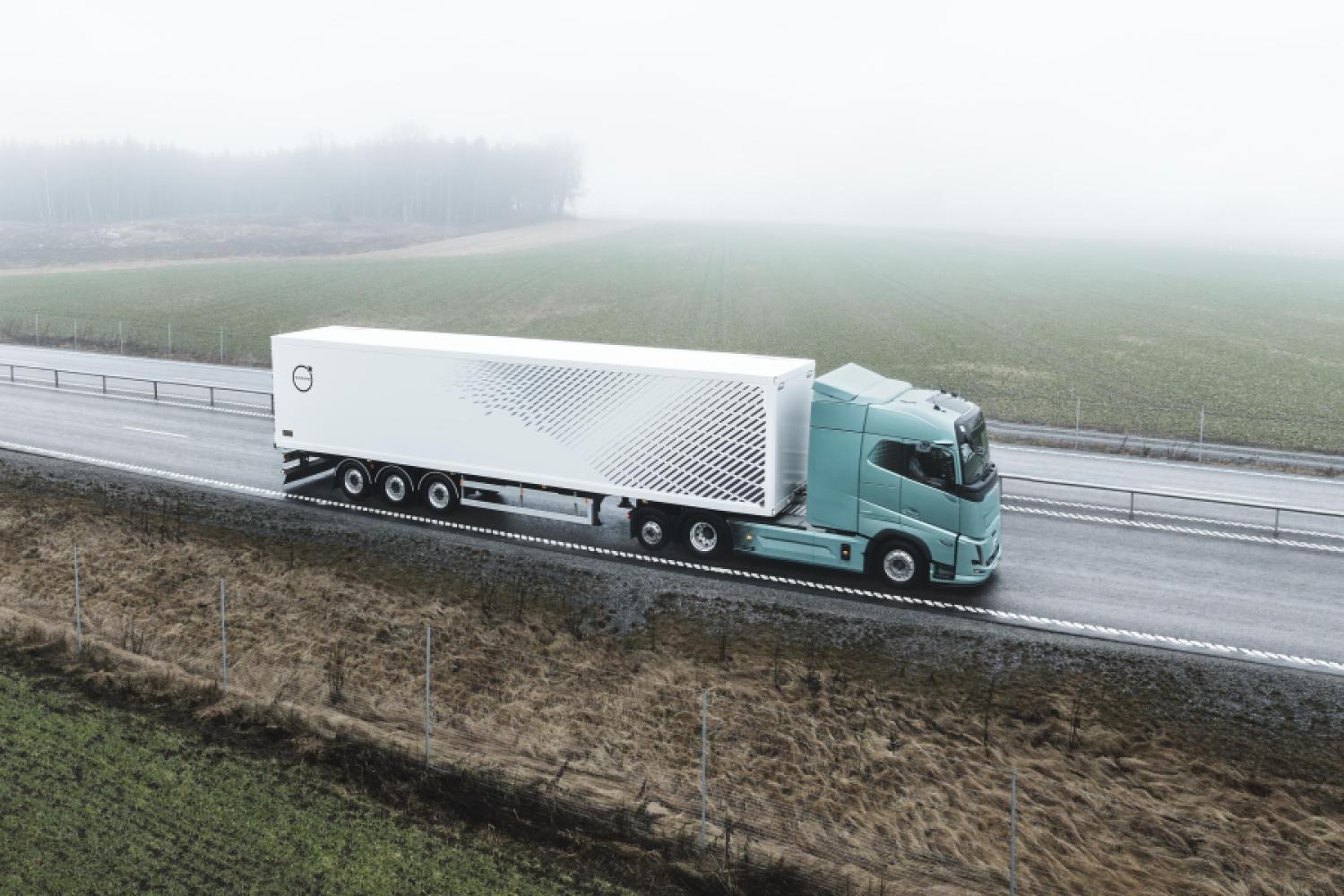The Federal Office for Logistics and Mobility (BALM) and Autobahn GmbH are setting a new milestone in controlling heavy goods traffic: The first pilot site for a modern weight control station has now been unveiled on the A4 near Düren. The goal is to increase traffic safety and more effectively protect road infrastructure from overloaded trucks. This initiative is based on a cooperative agreement concluded between the two institutions in May 2023.
During a site visit on May 7 at the Rur-Scholle-Süd rest area in the direction of Cologne, Christian Hoffmann, President of BALM, and Thomas Ganz, Director of the Rhine branch of Autobahn GmbH, took a look at the progress of the work. The new control station is
part of a nationwide project involving a total of 16 locations, BALM stated. The technical commissioning of the pilot project is planned for spring 2026.
Autobahn GmbH is responsible for the planning, construction, and operation of the technical facilities. BALM will utilize the control stations to conduct weight checks. According to the authority, the collaboration between the two agencies is intended not only to enhance traffic safety but also to extend the lifespan of bridges and roadways. The increasing heavy goods traffic on the motorways represents a "major burden" for the infrastructure, stated the Federal Office.
The site on the A4 was deliberately chosen. The route between Aachen and Cologne is one of the most important corridors for freight
transport from the western North Sea ports. Significant flows of goods from Antwerp and Rotterdam run along the A4. In close proximity lies Cologne-Eifeltor, Germany's largest container terminal, which also plays a central role in combined transport.
The core of the control station is a newly developed system for the early detection of overloaded vehicles. Axle load measuring stations on the roadway detect the weight of trucks while they are in motion. Vehicles with suspicious values are then automatically directed to the rest area via electronic display boards. There, precise weight control is carried out on a special lane.
The weighing technology is based on a combination of a non-automatic, static scale and an automatic, dynamic component. This system
is intended not only to enable faster processing of controls but also to provide reliable evidence for possible administrative offense proceedings. In the event of detected overloading, vehicles must be offloaded or reloaded. At the same time, BALM initiates a fine procedure.
"With this modern technology, we are creating the conditions for more efficient controls and making an important contribution to protecting the traffic infrastructure," emphasized BALM President Hoffmann.
The environmental aspect also plays a role: Targeted actions against overloaded vehicles aim to reduce energy consumption and decrease CO2 emissions.
After the pilot phase is completed, additional control stations in other parts of the country are planned. BALM intends to incorporate the insights gained in designing the remaining locations.






